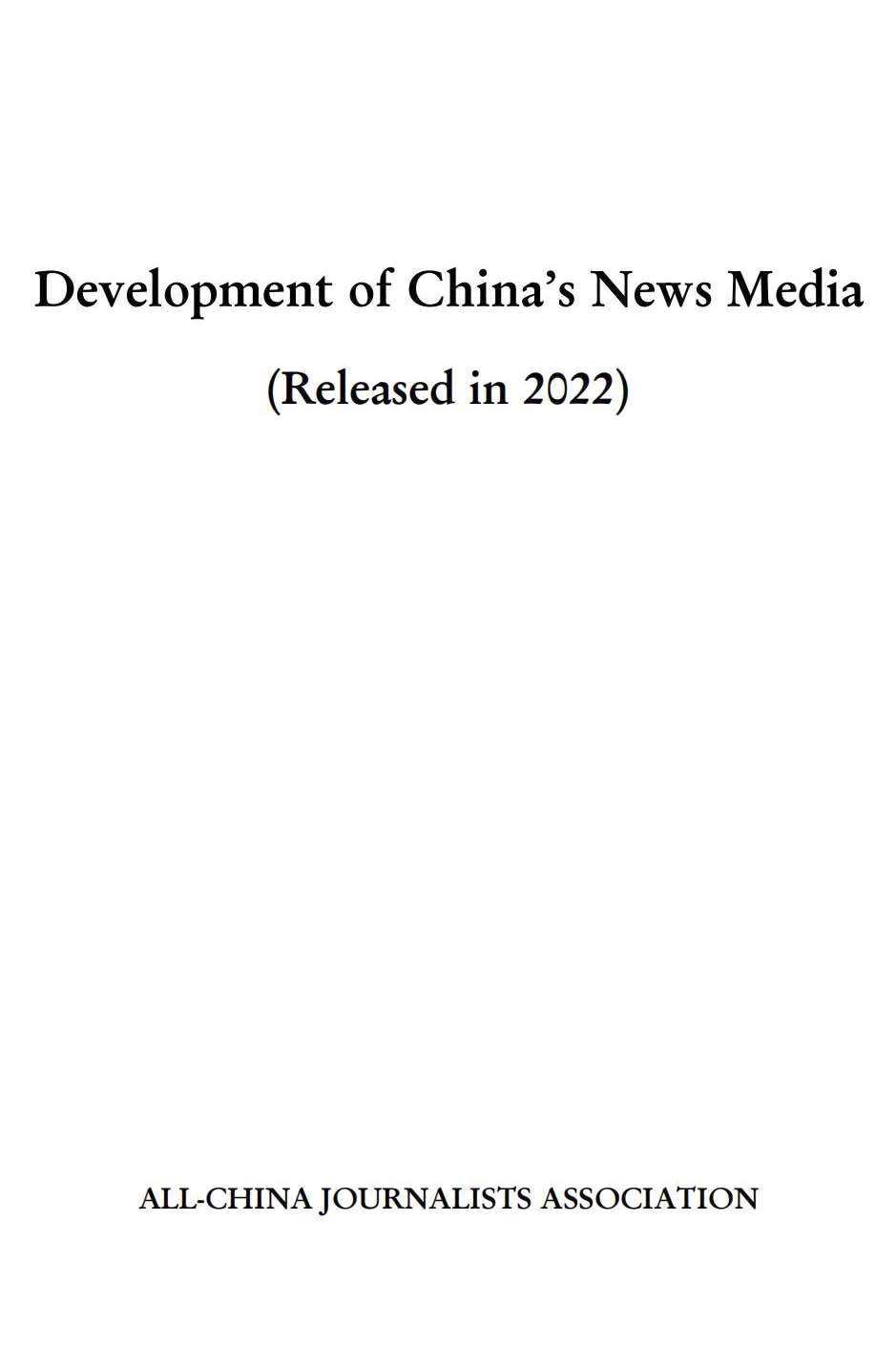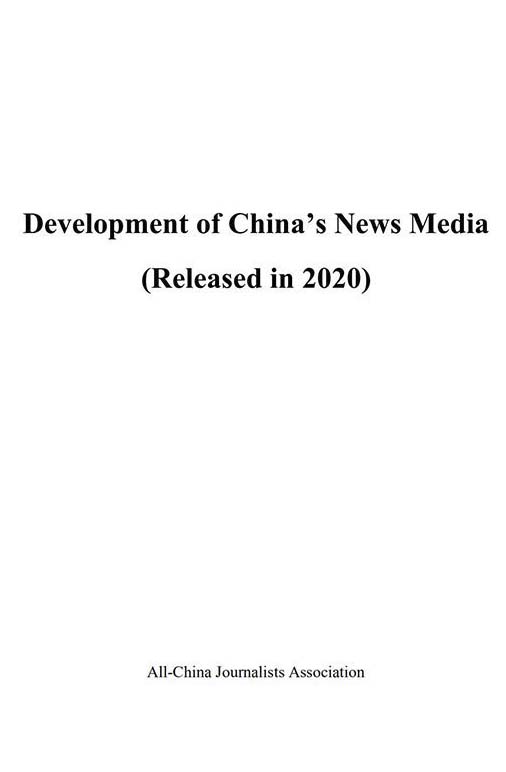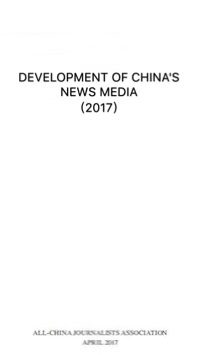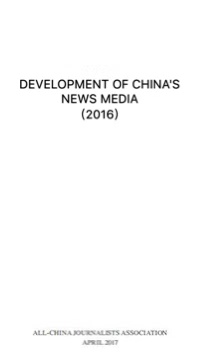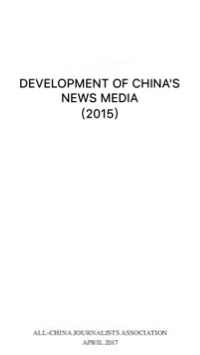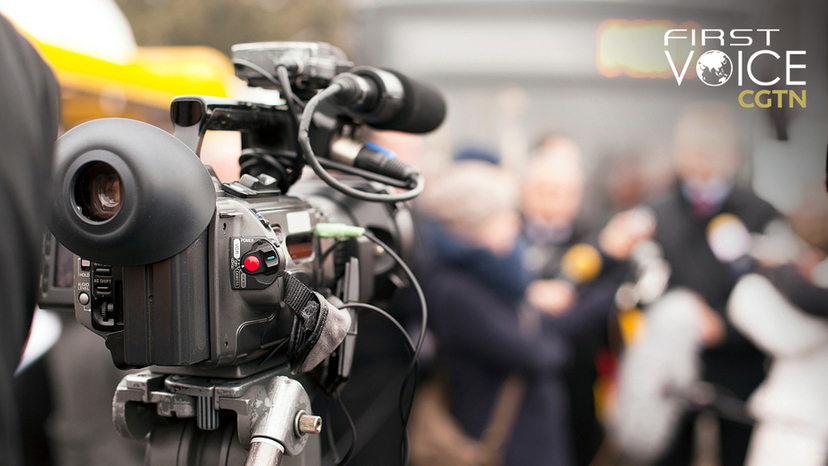
Editor's note: CGTN's First Voice provides instant commentary on breaking stories. The daily column clarifies emerging issues and better defines the news agenda, offering a Chinese perspective on the latest global events.
The China-U.S. tensions have recently escalated in the media sphere as the U.S. administration decided to designate five Chinese media outlets operating in the U.S. as "foreign missions" late February. Last week, in another surprising move, the administration announced that the Chinese staff working in these five media organisations in the U.S. would be capped at 100, which means 60 Chinese citizens currently working for the Chinese media there may soon be forced out of the country.
Sun Chenghao, assistant research professor at the Institutes of Contemporary International Relations, said that putting more restrictions on the Chinese media outlets operating in the U.S. is something Washington has long been pondering over as they complain about the issues of transparency and access to information when it comes to American media's operation in China.
But are these complaints justified? When announcing the latest decisions, the U.S. State Department officials claimed that these five media outlets in the U.S. spread "propaganda" for the Chinese government and that foreign journalists in China have been subjected to ill treatment, such as intimidation.
All these comments are most likely to provoke anger in many Chinese people and be dismissed as "fake news."
First of all, despite the differences between the Chinese and American media, it is problematic to simply tag Chinese media as "propaganda" and dismiss any messages coming out of it as unreliable, because these outlets are reflective of the perspectives and opinions of a significant proportion of the Chinese population and offer insights into what the Chinese society is like and how it works.
It is ironic that although those arguing fiercely against the Chinese media defend themselves by saying what they disagree with is the Communist Party of China (CPC) and not the Chinese people, yet they don't realize – or choose to be blind to the fact – that the CPC enjoys a high level of public support in China – a level rarely seen in the West. For example, in a 2017 poll conducted by Edelman Global Public Relations in 28 countries and regions, the Chinese showed the highest trust toward its government (76 percent). Therefore, by dismissing Chinese media as representing only the government and their viewpoint, Washington effectively shows contempt for Chinese people as well.
Independent media watchdog organization FAIR found that Western mainstream media focused extensively and excessively on the unrest in Hong Kong in 2019. /Screenshot via FAIR's webpage
Secondly, the accusation of China's ill treatment of foreign media in the country is built upon deep-rooted prejudice the U.S. government holds towards the Chinese government as well as the former's lack of respect for the latter. Worse, as it has been so commonplace for U.S. politicians to throw accusations like this, it has helped to reinforce the negative stereotype of Chinese government.
Xu Qinduo is a veteran Chinese journalist. Between the year 2003 and 2005, he was reporting from Washington for China Radio International, one of the media outlets now on the administration's "blacklist".
According to his experiences with the two countries' media industries, contrary to what Mike Pompeo accused China of, foreign journalists are free to report on a wide range of issues in China. He argued that if the Chinese government was truly incredibly restrictive towards foreign journalists in China, as claimed, they would not have produced an avalanche of negative stories about the country and the government.
He also drew attention to a major difference between the Chinese media in the U.S. and the U.S. media in China to show there needs to be a more sophisticated approach to comparing these two. He said that while there has always been a constant stream of negativity coming out of many American journalists' coverage of China, vehemently attacking the Chinese government and institutions, Chinese news workers in the U.S. have been respectful towards America's political system and society.
While many American journalist have been indulging themselves in their delusion of knowing perfectly well what is the best political system for China and are eager to facilitate change in the country, Chinese journalists report on what is happening on the ground in America instead of engaging in constant judging, attacking, shaming and predicting the collapse of the institutions. It would be hard to imagine that the U.S. government would tolerate what the American media outlets are doing to China, he said.
Therefore, as most Chinese analysts would note, the recent episodes in U.S.-China media relations were not about U.S. trying to "correct Chinese media's misdeeds" as it claims to be, but rather, they reflect an ideological division between the two sides, which has been exacerbated in recent years by the U.S. fear of being surpassed by China and the intensifying tensions since 2018 between the two countries induced by such fear. Unfortunately, given this backdrop, the disagreement and hostility in this area is likely to continue and there's little prospect that Washington will change its current course. (Script writer: Xu Sicong)
